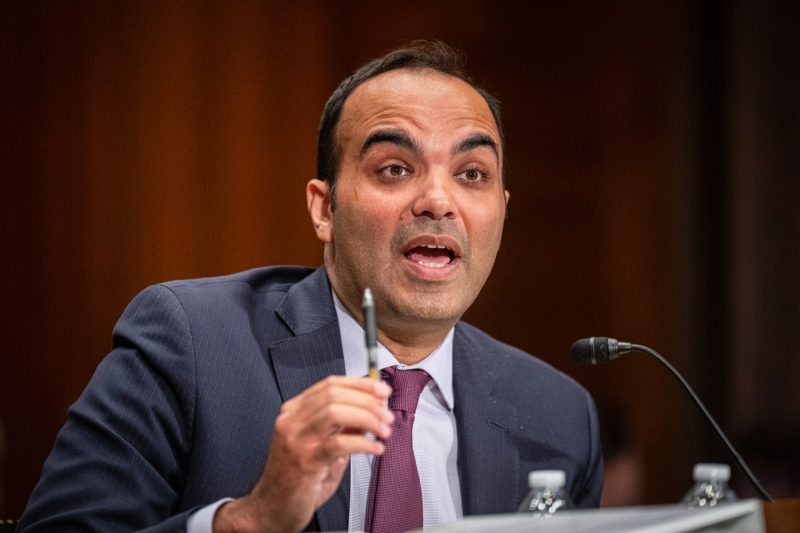The Consumer Financial Protection Bureau (CFPB) recently announced an expansion of its oversight to include digital payment services like Apple Pay and Cash App. This move signifies the increasing importance of regulating the digital finance industry to protect consumers and ensure fair practices by financial service providers.
One of the key aspects of the CFPB’s expanded oversight is the focus on ensuring that consumers are adequately protected against fraudulent activities and unauthorized transactions. With the growing popularity of digital payment services, there is a heightened risk of cyber fraud and misuse of financial information. By incorporating these services under its purview, the CFPB aims to strengthen consumer safeguards and hold service providers accountable for maintaining robust security measures.
Moreover, the CFPB’s expanded oversight also aims to address issues related to transparency and disclosure of fees associated with digital payment services. Many consumers are unaware of the various charges and transaction costs that may be incurred when using these services. By requiring greater transparency from service providers, the CFPB seeks to empower consumers with the information they need to make informed financial decisions and avoid hidden fees that can erode their financial well-being.
In addition to promoting transparency, the CFPB’s oversight of digital payment services also extends to ensuring fair competition in the marketplace. With the rise of fintech companies offering innovative payment solutions, traditional financial institutions are faced with increased competition. The CFPB’s intervention aims to create a level playing field for all service providers, thereby fostering healthy competition that benefits consumers through lower costs, better services, and increased innovation.
Furthermore, the expansion of CFPB oversight to digital payment services underscores the agency’s commitment to adapting to the evolving financial landscape. As technology continues to reshape the way consumers conduct financial transactions, it is imperative for regulatory bodies to stay ahead of the curve and proactively address emerging challenges. By expanding its regulatory reach to encompass digital payments, the CFPB demonstrates its adaptability and responsiveness to the changing needs of consumers in the digital age.
Overall, the CFPB’s decision to expand its oversight to include digital payment services represents a significant step towards enhancing consumer protection, promoting transparency, and fostering fair competition in the financial services sector. As the use of digital payment services becomes increasingly prevalent, regulatory scrutiny and oversight are essential to safeguarding consumer interests and ensuring a secure and trustworthy financial ecosystem.
